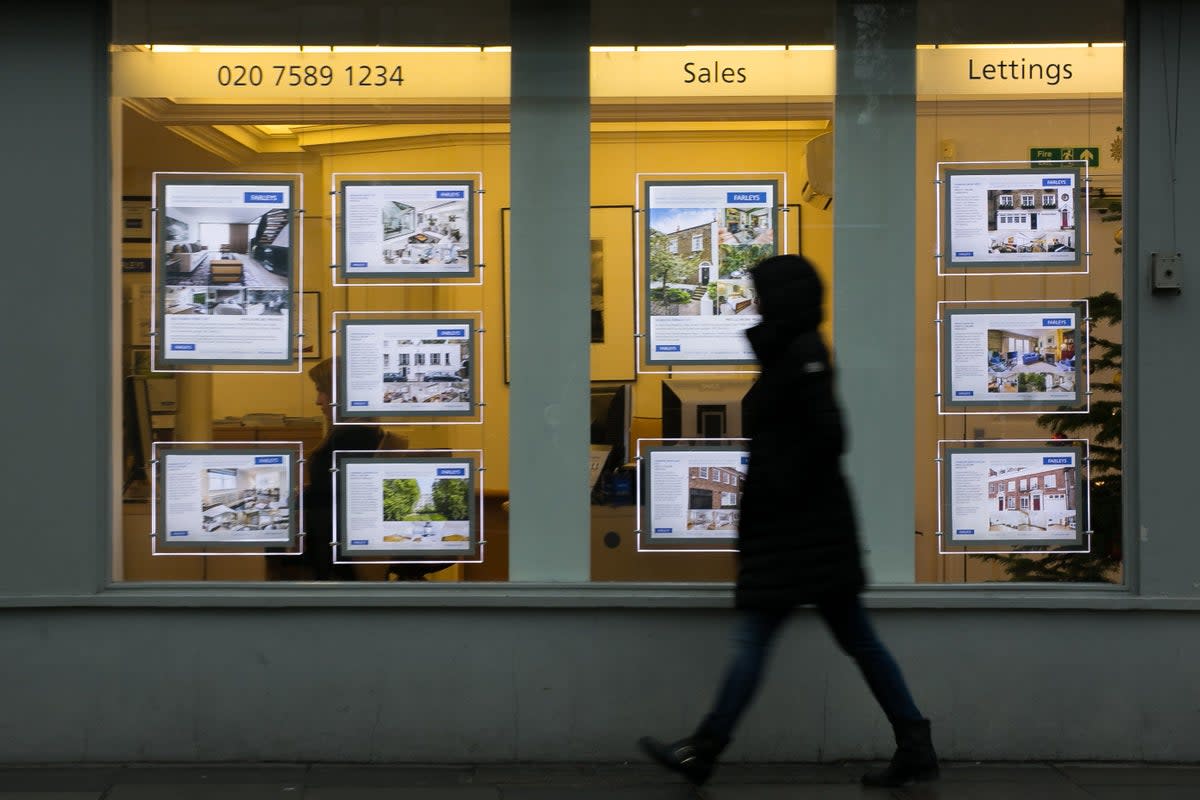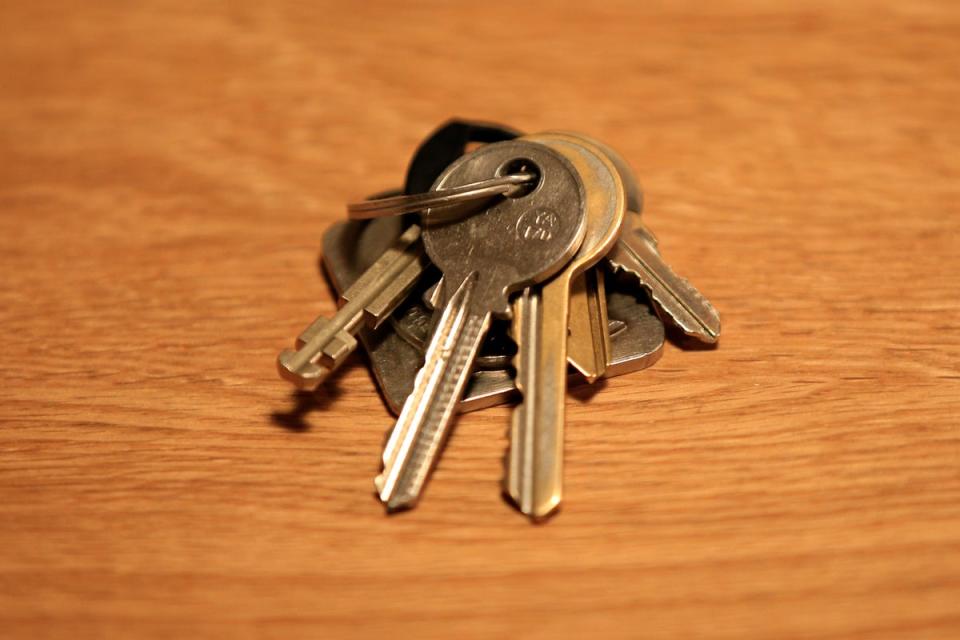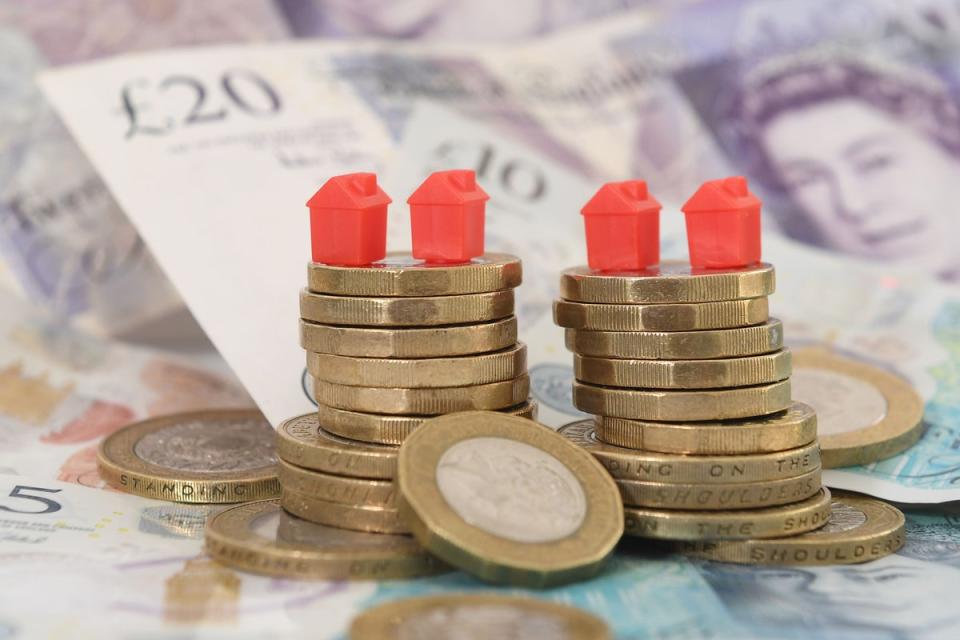House prices set to rise at slower rate than incomes, research shows

House prices are set to rise at a slower rate than incomes over the next two years despite remaining generally unaffordable, according to research by a property market company.
Zoopla said property value inflation would “remain muted” between 2024 and 2026 compared to wages but prices would stay around £20,000 above affordable levels.
It comes as the Bank of England warned millions of households across Britain will see huge hikes in mortgage repayments over the next two years.
“House prices still look expensive on various measures of affordability. We expect house price inflation to remain muted, likely to rise more slowly than household incomes over the next one to two years,” Zoopla said.
The average house price in Britain is around £264,900 compared with the affordable cost of £245,200, according to its research.

However, rising incomes and longer mortgage terms are helping to improve affordability, meaning the “over-valuation” of properties is expected to have disappeared by the end of the year, the website said.
Richard Donnell, executive director at Zoopla, said: “The housing market continues to adjust to higher borrowing costs through modest house price falls and rising incomes.
“Buyers using mortgages are also relying on longer mortgage terms to gain that extra few percentage points of buying power to afford a home.”
Meanwhile, three million households will see an increase in mortgage repayments between now and the end of 2026, with around 400,000 homeowners seeing a rise of more than 50 per cent, the Bank of England said.

A typical household rolling off a fixed-rate mortgage before the end of 2026 will also face a jump of around £180 a month.
Interest rates are at a 16-year-high of 5.25 per cent, with the central bank voting to maintain the figure for a seventh consecutive meeting earlier this month.
However, the banking sector “has the capacity to support households and businesses even if economic and financial conditions were to be substantially worse than expected”, according to the bank.
But there are “global vulnerabilities” for the sector, including “policy uncertainty” associated with upcoming elections across the world, including in the UK, the US and France in the coming months.


